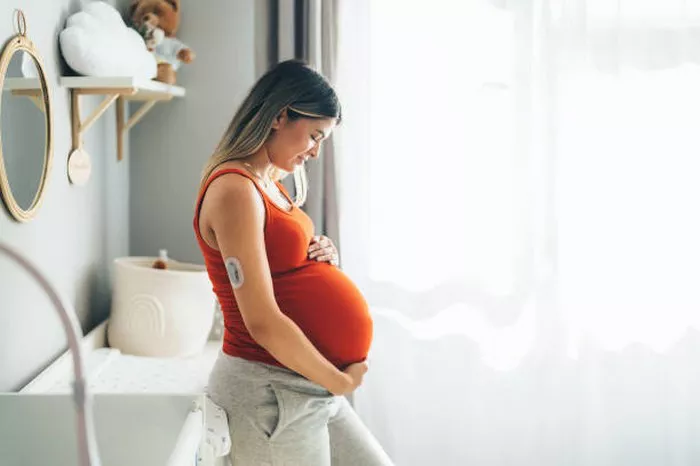A recent study published in The American Journal of Clinical Nutrition builds on earlier findings from the MAVIDOS trial, which indicated that vitamin D supplementation during pregnancy improves offspring bone mineral density (BMD) at age four. Researchers investigated whether these benefits extend into later childhood years.
The MAVIDOS study was a randomized controlled trial conducted in the UK, involving participants between 11 and 14 weeks of gestation who received 1,000 IU of vitamin D daily until delivery. Out of 965 participants, 723 children were born at term, with 477 undergoing BMD assessments at four years and 447 returning for follow-up scans between ages six and seven.
At the six- to seven-year mark, whole-body-less-head (WBLH) dual-energy X-ray absorptiometry (DXA) scans revealed that children whose mothers took vitamin D supplements had significantly higher WBLH BMD and bone mineral apparent density (BMAD) compared to those in the placebo group, even after controlling for factors like sex and breastfeeding duration.
Children born to mothers taking the supplement showed increased bone mineral content (BMC) and BMAD, highlighting the lasting benefits of prenatal vitamin D. Notably, infants born in winter demonstrated higher BMC than those in the placebo group, although overall BMC at birth showed no significant difference due to supplementation.
The results align with findings from the Copenhagen Prospective Studies on Asthma in Childhood (COPSAC2010) trial but contrast with a study from Bangladesh, suggesting that varying health conditions may influence outcomes. An Australian observational study also noted positive long-term effects of maternal vitamin D on offspring at 20 years.
Breastfeeding duration and the use of vitamin D in childhood correlated positively with enhanced bone health. While maternal vitamin D supplementation does not directly increase calcium availability for the fetus, it may improve calcium absorption and promote mineralization through enhanced breast milk quality.
Epigenetic factors could also play a role, as vitamin D may enhance the bone’s adaptation to physical activity during early childhood, further contributing to improved spinal growth and mineralization.
The findings reinforce the notion that prenatal vitamin D supplementation has lasting benefits on bone health that extend into childhood, emphasizing the need for continued research to solidify these recommendations. Enhanced BMD could potentially lower fracture risk, an effect supported by previous analyses. Future studies should explore whether these benefits persist into adulthood, offering critical insights into bone health management.
You Might Be Interested In:
-
New Research Reveals High Rates of Non-Prescribed ADHD Drug Use Among Party Drug Users
-
Top Employee Mental Health Programs in Canada: Enhancing Workplace Well-Being
-
Study Finds Laughter Exercise as Effective as Eye Drops for Dry Eye Relief

